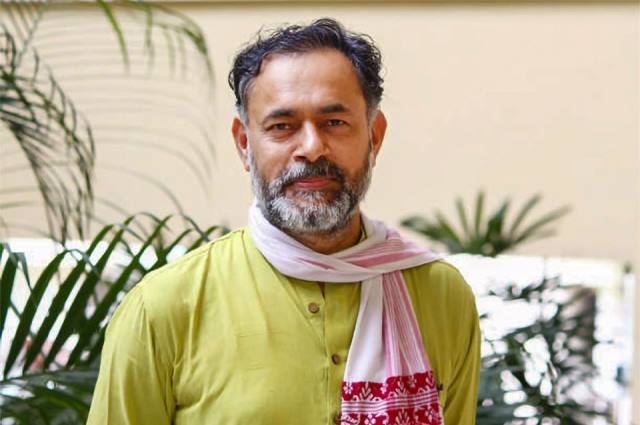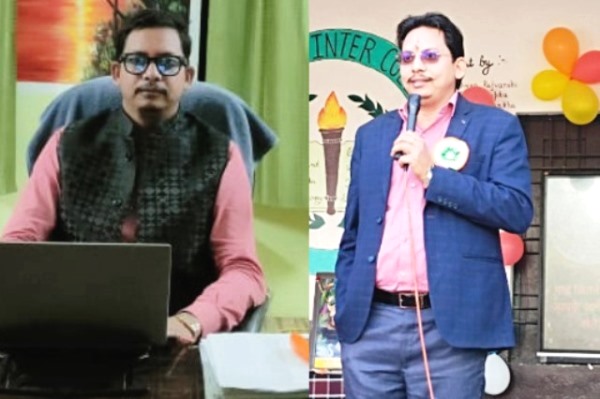Yogendra Yadav, an eminent political scientist, says the change in NCERT syllabi is an unprecedented assault on not only history textbooks, but also on several other subjects. His views:
Let me be clear. What we are witnessing is a politically-backed cultural assault on the very idea of India. This is the most powerful assault in the last 75 years. Therefore, in order to destroy this idea of India, under the current dispensation, it is absolutely vital to give India a new re-written history.
The business of fighting history is not going to end with 1947’ it has to be enacted beyond 1947. Hence, now, the powers that be are targeting the discipline of political science and other sciences as well. If the young generation is brought up on the ideals of a secular and plural Indian Constitution, they have to first change it to mould the opinion among the young. Hence, the attempt to completely restructure the school textbooks.
We are asked as to why political scientist Suhas Palshikar and I have withdrawn from the current NCERT text books. We were chief advisors to NCERT in 2011 when there was a Congress-led UPA government in Delhi. Even during that time, we resisted any tinkering with textbooks without any rationale. The then education minister, Mr Kapil Sibal, had no defense in the Parliament after an uproar over the issue. Hence, we quit saying there is no point in continuing as advisors. However, let me reteirate, at least it was done in a public and transparent process; a committee was formed headed by an eminent academic, etc.
ALSO READ: Change In Syllabus Will Affect Those Sitting in Competitive Exams
This time, since the Narendra Modi-led NDA government has come to power in 2014, they have chosen to make extremely pedestrian and motivated amendments. The last two years particularly have witnessed not just tinkering but actual mutilation of the content in the NCERT school textbooks. Chapter after chapter on the history of Indian democracy, the people’s movements – which, they obviously don’t want the young to study — the role of diversity in a democracy, the role of human rights etc, have been removed. And brazenly so. In fact, the section on the excesses and the authoritarian rule during the Emergency, has been dropped as well.
Major ideological changes have been carried out. Indeed, they might have the copyright, but they certainly don’t have control over our academic ethics and intellectual integrity. Surely – not in our name!
Funnily, they have issued a statement with about 100-plus people, including the current UGC chairman, in defense of the changes being introduced in the NCERT textbooks. Whereas our recent statement opposing the arbitrary changes has 33 eminent political scientists and academics from all over India, I can’t recognize even one political scientist in their list!
As told to Amit Sengupta

